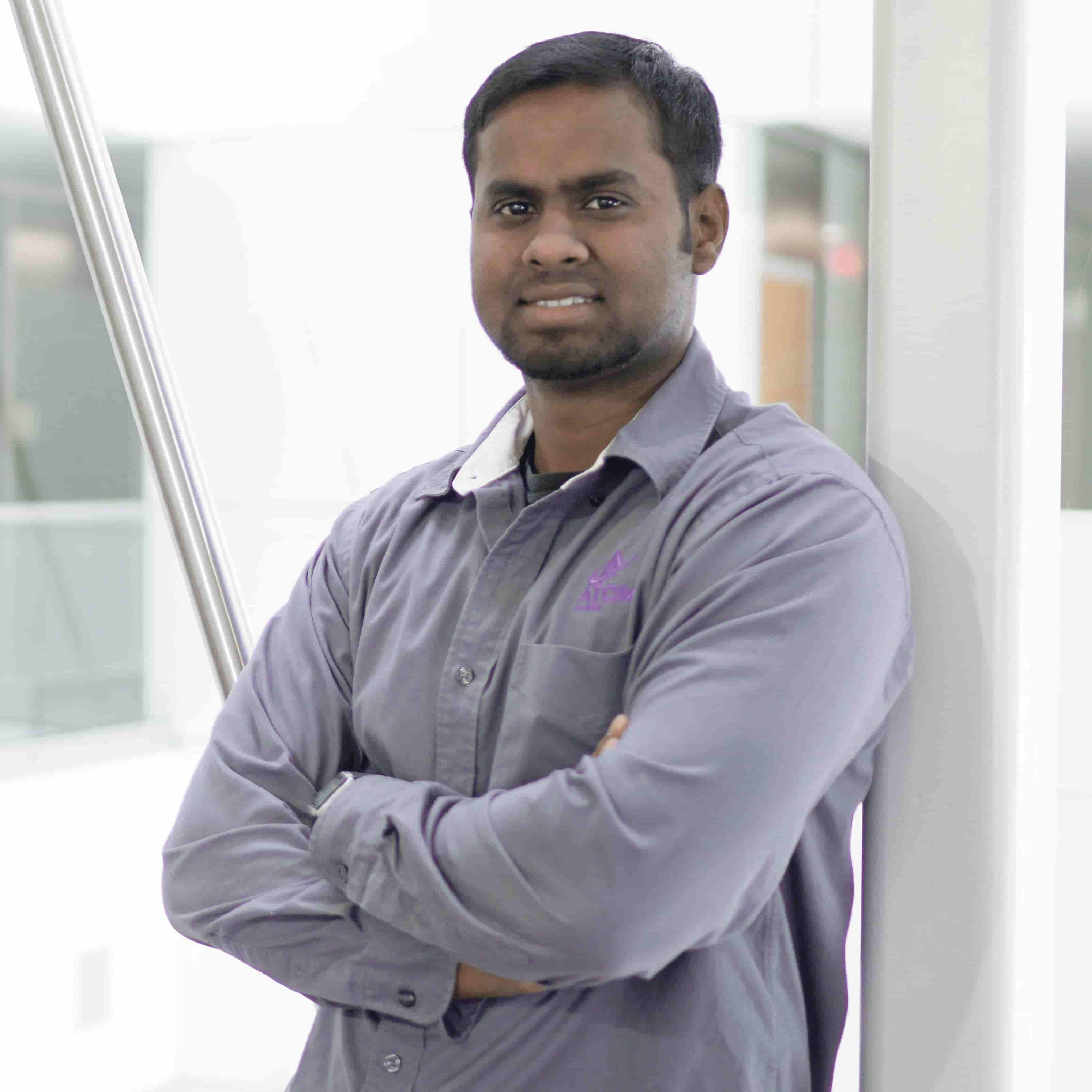New Ways to Provide IEEE Member Value through Education
By Angelique Parashis
“As the existing body of technical knowledge continues to grow exponentially, engineers and technology professionals are working hard to stay current, competent, and informed,” stated IEEE President Toshio Fukuda in his article entitled, “Let’s Focus on Continuing Education” in The Institute. “Today, technologists are seeking trusted sources to support their long-term and just-in-time learning needs, and this demand will continue to grow in the future. IEEE has a vital role to play in delivering ‘educational value’ to its members,” he continued.
In January 2020, IEEE unveiled its IEEE Strategic Plan 2020-2025, with one particularly resounding theme: a renewed focus on continuing education and professional development programs. The Plan commits IEEE to be a trusted source of educational services and resources to support lifelong learning and to provide new opportunities for career and professional development.
To help bolster this strategic direction, surveys of IEEE members regularly show “continuing professional education” as one of the main reasons they join IEEE. IEEE realizes that the career journey after earning one’s degree has shifted from discrete periods of education to an integrated journey of working and lifelong learning during the span of one’s career.
To take steps in delivering on that demand, the IEEE Ad Hoc Committee on Lifelong Learning and Continuing Education initiated efforts to provide increased value for the continuing educational needs of IEEE members, technical professionals, and engineers. The goal is to bring focus to technical disciplines specific to IEEE’s field of interest. The Committee consists of IEEE leaders and members with representation from across IEEE’s organizational units to help guide lifelong learning and educational programs discussion. The main goal of the Committee is to deliver to IEEE Members “a new and unique value as they will be able to take training with a more thorough learning pathway.” To start, the Committee has selected three topics in IEEE’s field of interest that will allow for a focused continuing education learning path to be created, including (1) Artificial Intelligence, (2) Internet of Things, and (3) Smart Grid.
The topic areas were selected via a survey of IEEE members who indicated their interest in pursuing continuing education in these technical areas. The same survey also provided some more insight as to members’ primary motivation in seeking to pursue continuing education, with an average of:
- 40% to improve their skills for their own interests, not related to their work
- 34% to improve their skills for their current job
- 14% to improve their skills to seek employment other than their current place of employment
- 11% to improve their skills to seek a promotion at their current place of employment
The main goal is to launch and market learner journey prototypes on the three topics by walking members through a series of educational offerings (webinars, tutorials, recorded videos, Xplore articles, and a series of activities from across IEEE) that will allow the learner to earn credentials. Learners will have the ability to demonstrate a level of understanding that will earn them a certificate and badge that adds to the value of IEEE membership. The Committee will then measure usage and conduct member surveys to improve on what was created and eventually add new technical areas.
IEEE Academy on Smart Grid
The core team working on the IEEE Academy on Smart Grid includes IEEE Members Peter Wung (Current Chair of the IEEE Smart Grid) as the inaugural Educator-In-Chief and Stephen M. Phillips (Current IEEE - Vice President - Educational Activities) as Co-Chair of the IEEE Ad Hoc on Lifelong Learning. The IEEE staff leads are Phyllis Caputo (Program Manager of IEEE Smart Grid) as Staff Technical Project Lead and Jamie Moesch (Managing Director of IEEE Educational Activities) as Staff Education Project Lead. The IEEE Academy on Smart Grid has identified learning topics, completed an initial review of existing materials and inventory, and is currently assembling technical teams. The initial technical areas of focus will be on Distribution Automation and Microgrids. Some initial ideas on the learning path discussed include ideas such as creating a short overview video of Smart Grid domains - that learners can use to anchor their learning.
“IEEE Smart Grid is uniquely positioned to take on this challenge as it already offers hundreds of pieces of peer-reviewed technical content including webinars, tutorials, various publications, and technical newsletter articles, interviews, and other technical content, much of which offers value to IEEE members,” stated Peter Wung. “IEEE Smart Grid content is organized into carefully articulated domains that are closely aligned with the NIST Framework definitions for Smart Grid domains, which allow the user to select content in a particular area of their interest, with all the webinars and tutorials offering continuing education credits such as PDHs and/or CEUs. IEEE Smart Grid is proud to have been selected as a topic for the IEEE Ad Hoc on Lifelong Learning and looks forward to bringing our content to IEEE members through the IEEE Academy on Smart Grid.”
IEEE Academy on Artificial Intelligence
The IEEE Academy on Artificial Intelligence (AI) is composed of IEEE Members Phillip Sheu as the Educator-In-Chief and Rabab Ward as the Co-Chair IEEE Ad Hoc on Lifelong Learning. The IEEE Staff leads are Eric Berkowitz of the IEEE Computer Society as the Staff Technical Project Lead and Ingrid Donnelly of IEEE Educational Activities as the Staff Project Lead. The team meets bi-weekly and has a course outline under development which includes learning topics of AI in Education, AI in Manufacturing, AI in Business, and AI in Medicine. The team is confirming Technical Editors and assembling technical teams.
IEEE Academy on the Internet of Things
The IEEE Academy on the Internet of Things (IoT) is lead by IEEE Members Chonggang Wang as its Educator-in Chief and Kazuhiro Kosuge as the Co-Chair of the IEEE Ad Hoc on Lifelong Learning. IEEE Staff includes Karen Pannullo and Rachel Warnick as the Technical Editorial Assistants. The main technical areas of focus for IoT will be on Devices, Communications, Artificial Intelligence, Security, Computing Platforms, and Standards. The latest updates include the curation of existing IEEE content into learning paths, identification of new content needed, and engagement with subject matter experts.
What to Expect
The goal is to launch the first of the IEEE Academies by year-end 2020, and work will continue into 2021 and beyond as the groundwork is laid for a new way of approaching education from across IEEE. As new plans are released, they will be promoted through membership channels so members may begin to explore the new opportunities available to them.
As President Fukuda stated, “A university degree alone no longer provides all of the knowledge an engineer needs throughout their entire career. It is essential that technical professionals continue to grow in their knowledge and skills in order to achieve career advancement.”
The idea of defining learner journeys and developing IEEE Academies will provide robust opportunities for individuals to learn about new and upcoming technical and career-focused topics that will help them further develop their skills after they enter the workforce.
This article edited by Vigna Kumaran
For a downloadable copy of the October 2020 eNewsletter which includes this article, please visit the IEEE Smart Grid Resource Center.

To have the Bulletin delivered monthly to your inbox, join the IEEE Smart Grid Community.
Past Issues
To view archived articles, and issues, which deliver rich insight into the forces shaping the future of the smart grid. Older Bulletins (formerly eNewsletter) can be found here. To download full issues, visit the publications section of the IEEE Smart Grid Resource Center.




